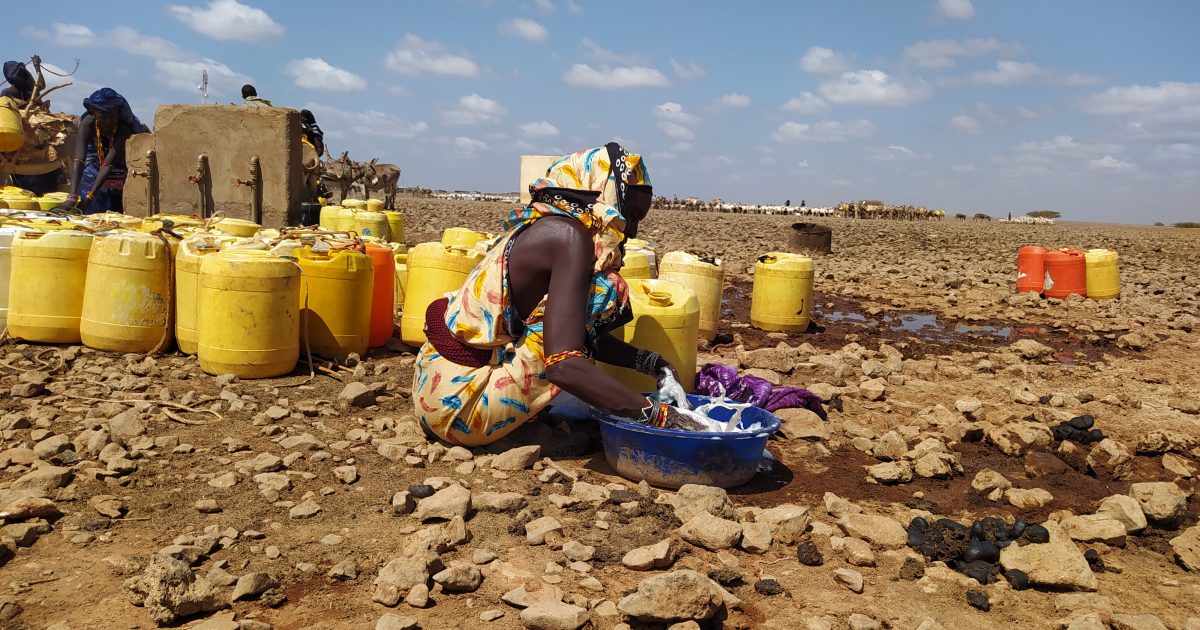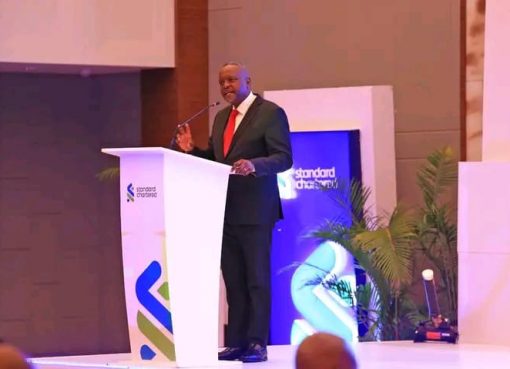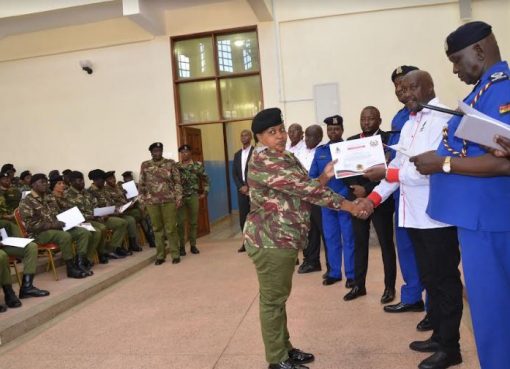The Northern Water Works Development Agency (NWWDA) has drilled a Sh4.8 million new borehole for Kambi Nyoka residents in Marsabit County, after unsuccessful attempts to repair a previous one that had broken down.
Speaking during the test pumping of the borehole, the Geologist in Charge Francis Maina said that the drilling of the borehole is part of the drought intervention measures by the government to cushion the affected residents.
“It has a yield of 11,000 litres of water per hour, which is sufficient for the community. What we are doing today is test pumping to establish the elements of the water before laying down the borehole infrastructure to supply water to the residents,” said Maina.
“We are also going to provide fuel subsidy for this borehole to make sure that the residents receive water at no cost,” he added.
Area residents expressed their gratitude to the government for the swift action to make sure that they get a new water point, thus saving them from the agony of walking about 30 kilometres with their livestock to the next borehole.
Speaking at his office in Garissa, NWWDA acting CEO Andrew Rage said that the agency is keen to supplement efforts of other government institutions to mitigate the effects of drought on people and livestock.
Rage said that the agency came up with intervention measures after the president declared drought a national disaster, which included provision of fuel subsidy to boreholes, water trucking and supply of water tanks to various communities.
“The drought is very severe and when the president declared it a national disaster we came up with intervention through the Ministry of Water and Sanitation to provide fuel subsidy to the six counties most affected,” he said.
Northern Water Works Development Agency is mandated to develop water and sewerage infrastructure covering 6 counties of Garissa, Mandera, Wajir, Marsabit, Isiolo and Samburu.
By Erick Kyalo





